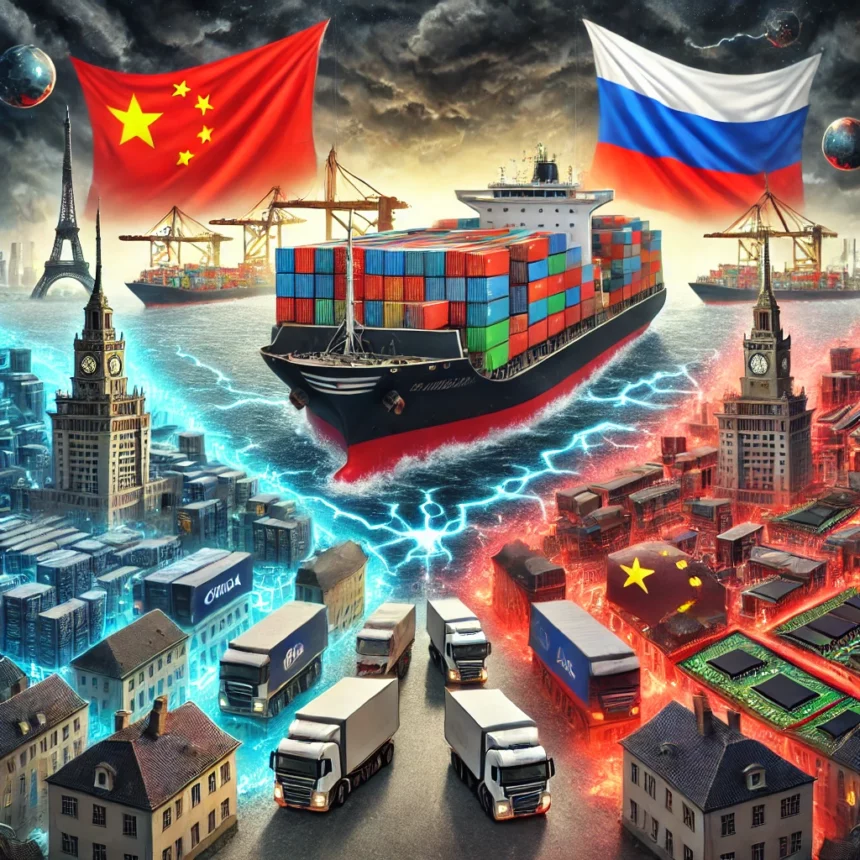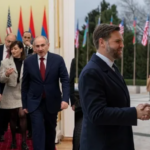The Foreign Affairs essay provides a comprehensive account of how China is presenting a substantial threat to Europe on two distinct fronts. China has been assisting Russia in its military actions in Ukraine by providing dual-use commodities, including computer chips and machinery, which enable Russia to circumvent sanctions imposed by Western countries. Russia has relied on this assistance to maintain its military activities, which has raised significant concerns about European security due to China’s participation.
Furthermore, China’s excessive industrial capacity is inundating European markets, namely in the electric vehicle (EV) industry. Chinese manufacturers, supported by substantial state subsidies, are manufacturing and exporting a significant quantity of affordable electric vehicles (EVs) to Europe, posing a danger to the continent’s indigenous automotive sector. The car industry in Europe, which is crucial for its economy, is especially susceptible to danger. Countries such as Germany face the possibility of losing market dominance as Chinese enterprises expand their presence.
Europe has responded to these dangers in a somewhat restrained manner. Only a limited number of Chinese firms have been included in the European Union’s list of sanctions, and the existing levies on imported Chinese electric vehicles are insufficient to halt the flow of inexpensive vehicles. European leaders, such as Olaf Scholz of Germany and Emmanuel Macron of France, have attempted to establish diplomatic relations with China, but have not observed any substantial alterations in Beijing’s policy.
The article posits that Europe’s dependence on the United States to assume a leading role in fighting China is no longer viable. European authorities should implement more stringent penalties on Chinese corporations that are providing support to Russia’s military actions and adopt more robust trade policies to safeguard their industries. Europe should revise its export control lists to prevent the transfer of dual-use commodities to Russia and enhance the enforcement of indirect trade channels via Central Asia.
In addition, China’s approach in Europe is guided by a strategic rationale rather than solely an economic one. Beijing’s assistance for Russia is eroding European security and impeding Ukraine’s ability to achieve a decisive triumph. China’s measures also function as a diversion for the Western countries, shifting their attention away from the Indo-Pacific region, where Taiwan continues to be a significant issue of concern for Beijing. The paper highlights the imperative for Europe to perceive China’s actions as a clear and immediate menace to its security and economy, and to take resolute measures to protect both.
To summarize, the paper advocates for a more unified European reaction to China’s increasing influence, which includes its backing of Russia and its effects on important European sectors, including in the automobile field. If Europe fails to take bold measures, it faces the possibility of enduring substantial and lasting harm to its economy and security.
Read the full article here.







